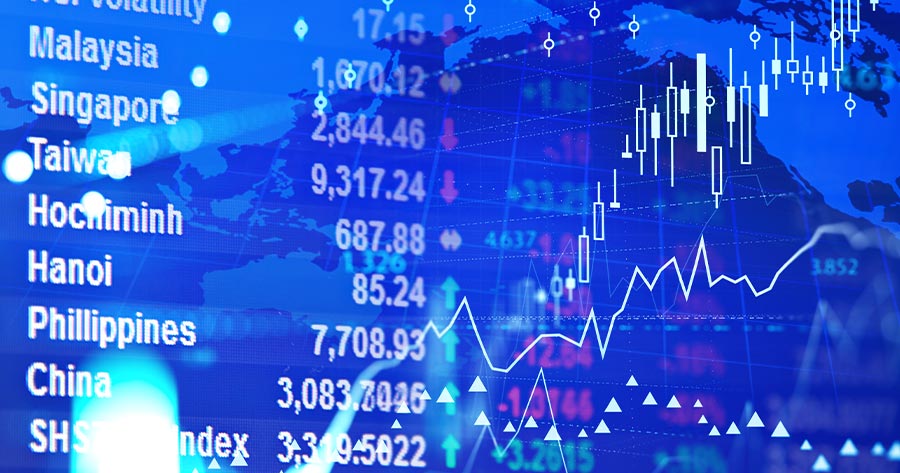On Tuesday morning (13 August, 9:31 AM, GMT+7, Bangkok time), indices in Asia Pacific traded mixed after Japan’s Nikkei jumped by 2%, propelled by the technology and financial sectors, with leading companies such as Rakuten Group and Trend Micro experiencing significant gains of over 8% and 6% respectively.
Japan’s parliament intends to convene a special session next week to deliberate on the Bank of Japan’s recent move to increase interest rates.
In July, Japan’s corporate goods price index surged by 3% compared to the same period last year, aligning with forecasts. This growth rate represents a faster pace of increase when compared to the 2.9% rise seen in June.
Meanwhile, Singapore reported its economy grew 2.9% in the second quarter from a year ago, in line with the advance gross domestic product estimate released in July.
Japan’s NIKKEI soared by 2.25% to 35,813.32. Australia’s ASX 200 climbed by 0.08% to 7,819.9, while South Korea’s KOSPI dipped by 0.06% to 2,616.7.
As for stocks in China, Shanghai’s SSEC edged up by 0.01% to 2,858.44. Hong Kong’s HSI rose by 0.06% to 17,121.93, while Shenzhen’s SZI slid by 0.19% to 8,357.14.
Meanwhile, the US stock markets were mixed on Monday as the Dow Jones Industrial Average (DJIA) dropped by 0.36% to 39,357.01. NASDAQ grew by 0.21% to 16,780.61, while S&P 500 remained unchanged at 5,344.39. VIX jumped by 1.67% to 20.71.
As for commodities, oil prices settled higher on Monday, marking the fifth consecutive session of gains. This uptick was driven by expectations of escalating tensions in the Middle East, leading to concerns of potential disruptions in global crude oil supplies. Brent futures increased $2.64 or 3.3% to settle at $82.30 a barrel, and the West Texas Intermediate (WTI) rose $3.22 or 4.2% to settle at $80.06 per barrel.
This morning, Brent futures declined 52 cents or 0.63% to $81.78 a barrel, and the WTI lost 53 cents or 0.66% to $79.53 per barrel.
Meanwhile, gold futures climbed by 0.1% to $2,506.6 per Troy ounce.




